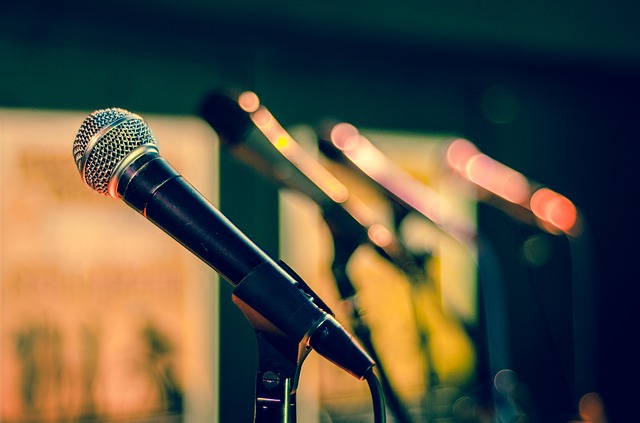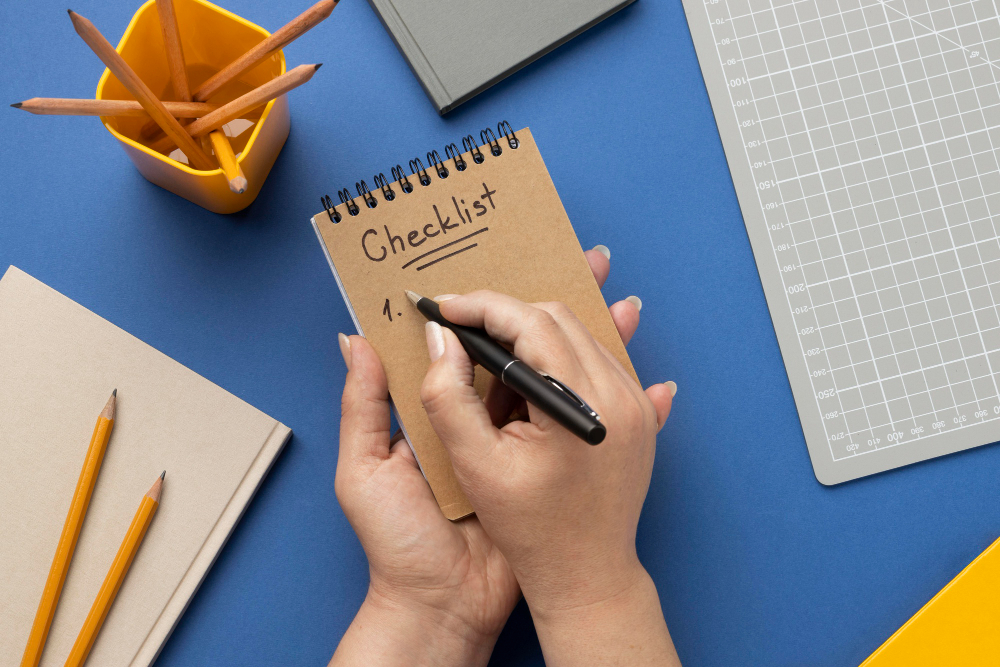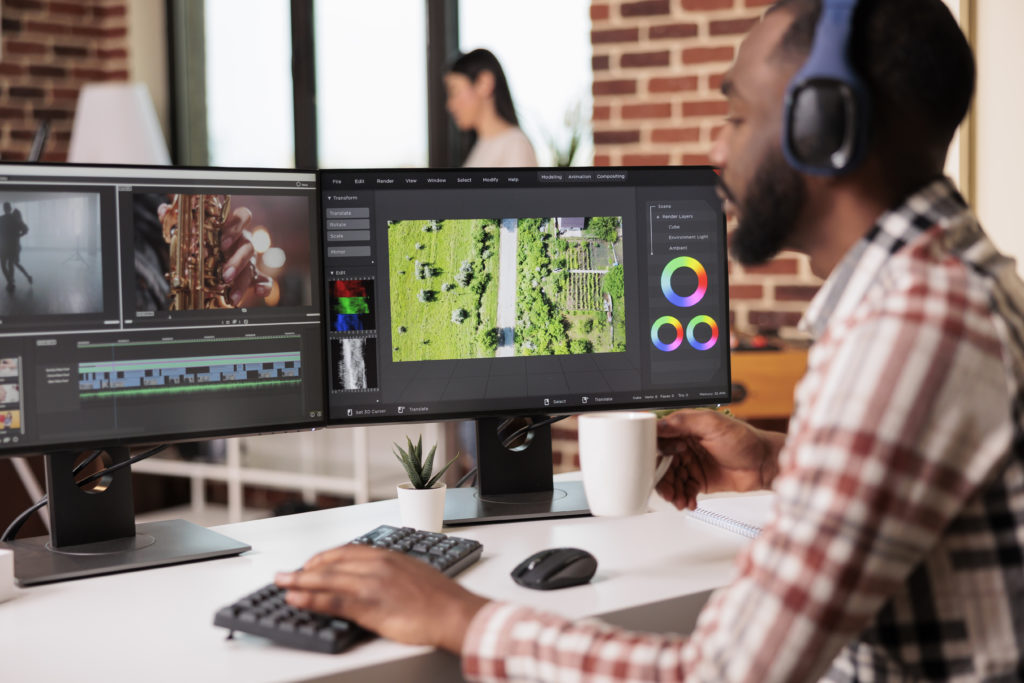
How to Involve Radio in Your Promotional Strategy
It’s one thing to sponsor social media posts about your upcoming shows, but it’s another to engage directly with music lovers in your region. The music listeners in your community are the people most likely to go to shows, but venue staff doesn’t always directly interface with showgoers. To bridge this gap, consider working with organizations that do regularly interact with showgoers – namely, radio stations.
A radio show is essentially a host having a direct conversation with a listener, so radio stations can form some of your market’s strongest connections between listeners and the industry. Larger radio stations may even have connections with the artists playing your venue, not to mention larger venues in your area that may have ample experience in venue promotion.
Tapping into these radio station relationships can massively benefit your shows. Here’s how to involve radio in your promotional strategy.
Know your stations
You can’t involve radio in your promotional strategy without actually knowing the stations in your area. If you’re looking to promote an electronic show, you wouldn’t go to a college radio station that mostly plays rock music. Keeping a list of regional stations that details preferred genres, favorite artists, and any programs that deviate from the station’s norms is a surefire way to know where to turn when it’s time to get radio involved.
You’ll also want to know how these stations are involved with the community. Since radio stations depend on local listenership to survive, they often host events, run specials, and air programming that’s deeply relevant to your venue’s audience. Take note of whether stations run ticket giveaways, put on shows of their own (whether these shows feature local or national acts), announce concert calendars detailing shows in your market, or engage listeners and music fans in other ways relevant to your show.
Contact your stations
Let’s say a rising hip-hop act is coming to town, but your show still hasn’t sold quite as many tickets as expected. If one of the radio stations on your list airs a Monday commute hip-hop show that does ticket giveaways, contact the station’s promotions director (or, if you fail to reach the promotions director, the program director, general manager, or even the show host) to inquire about setting up a giveaway. One or two lucky winners will earn a free pair of tickets. Although giveaways don’t result in immediate ticket sales, they encourage winners to purchase tickets to future shows.
The station’s promotions director can also have your show added to their concert calendar. A concert calendar is usually aired at least once an hour and gives listeners a rundown of interesting upcoming shows for which they should consider buying tickets. Since listeners tend to be avid music fans, merely alerting them to shows can lead to ticket sales.
Additionally, if the radio station hosts its own concerts, offer your venue as a location. Radio-hosted concerts often double as opportunities for the station to promote itself to the fanbases of acts both local and national. Having these acts perform in your show introduces new showgoers to your venue and drives long-run ticket sales.
Promote the promotion
Once you’ve set up a promotion with a radio station, make sure your venue is also promoting it. Stations often pair ticket giveaways with ample social media posts and email blasts about the giveaway, and so should you. Simply sharing or retweeting the station’s original posts goes a long way, but creating original content of your own goes even farther.
You should promote concert calendar mentions and radio-hosted shows as well. Occasionally posting something along the lines of, “Did you hear that Radio Station X included Upcoming Show X on its concert calendar? Buy tickets here!” can direct people who found your venue via the concert calendar to ticket purchase links. If your venue is home to an upcoming radio-hosted concert, be sure to flyer for the show all over your venue and be vocal about the show on social media and your website.
As you promote the promotion, make sure that what you’re promoting will actually happen. If you’ve set up a ticket giveaway, triple-check that the winners’ names are indeed on the guest list. If you’re promoting a concert calendar, let your audience know when the station airs its calendar. If you’re promoting a radio-hosted concert, share as many details as you can.
Keep the relationship going!
Just because the show’s over and you’ve successfully involved radio in your show’s promotion doesn’t mean you should stop there. Involving radio in your venue’s promotion is a long-term plan that means getting the station’s support time and time again.
Set up arrangements for as many future shows as is feasible, making sure to respect the station’s time, resources, and format. You can even offer a table to the station at some of your shows – tabling at shows is a leading way for radio stations to find new listeners and spread the word of what they do. As both you and the radio station expand your audiences, you’ll inevitably find yourself returning to the relationship time and time again.

Matt Ford is the founder and CEO of Prism.fm, an Austin-based software company revolutionizing live music event management. With a background in entrepreneurship and a degree from the University of Wisconsin-Madison School of Business, Ford combined his self-taught coding skills with firsthand experience as a concert promoter to address the inefficiencies he observed in the industry. In 2018, he launched Prism.fm, an all-in-one platform designed to streamline operations for venues, promoters, and agencies by replacing cumbersome spreadsheets with integrated tools for booking, financial tracking, and contract management. Under his leadership, Prism.fm has grown significantly, achieving $3 million in annual recurring revenue post-COVID and securing over $15 million in funding . Ford’s commitment to building user-centric solutions has positioned Prism.fm as a trusted partner for over 1,500 venues and promoters worldwide.



